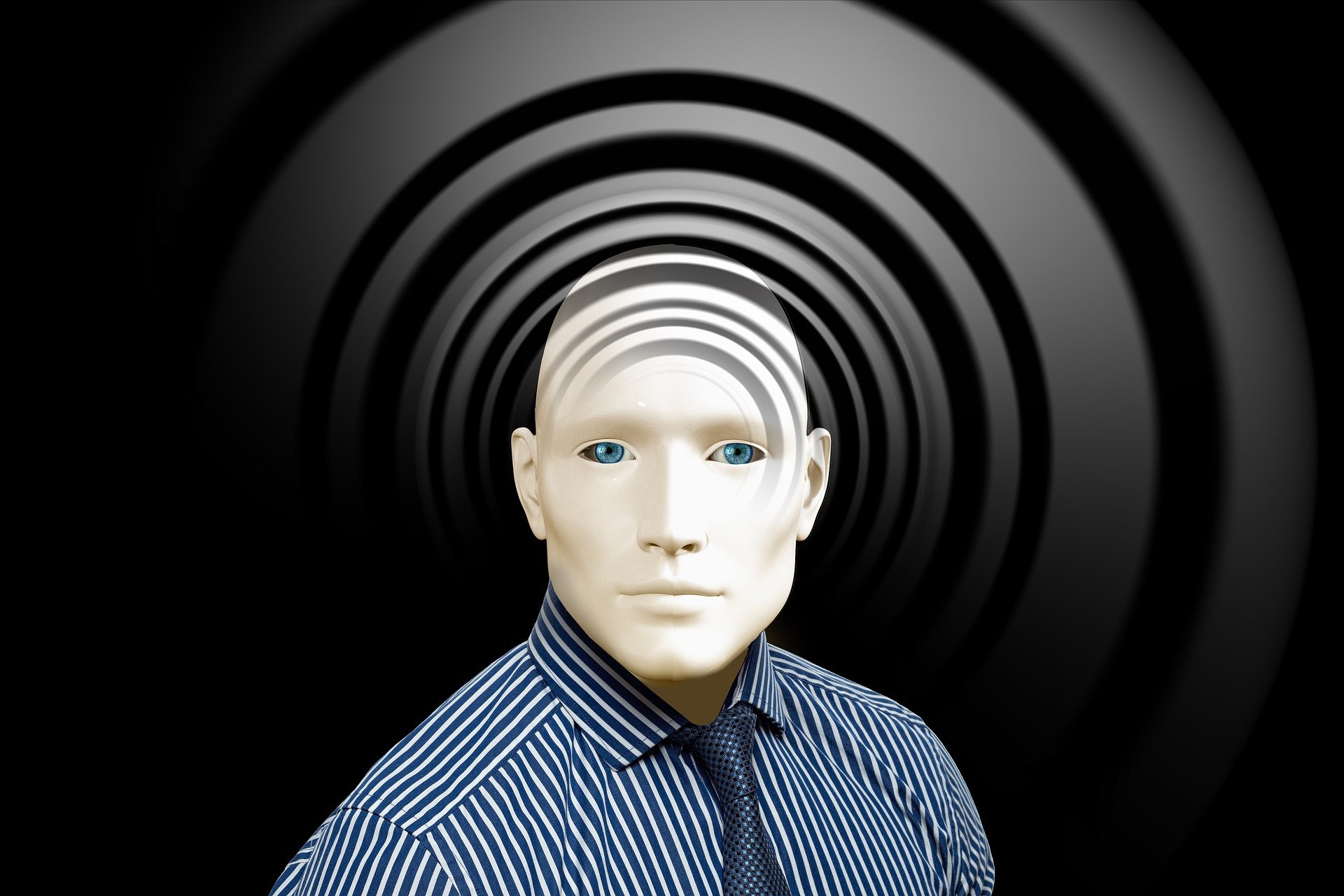Have you ever caught yourself thinking, “How did I make that decision?” It’s a question we all ask from time to time, especially when the outcome isn’t quite what we expected. The truth is, our minds are wired in fascinating ways, often taking shortcuts that lead us down unexpected paths. These mental shortcuts, or cognitive biases, play a huge role in shaping our thoughts, decisions, and beliefs—often without us realising it. Let’s dive into seven common mental illusions that might be steering your reality without you even knowing it.
One of the most common is the Halo Effect. Picture this: you meet someone who’s incredibly charming or says all the right things. Without even thinking about it, you might start trusting their opinions more than you should. The Halo Effect happens when we let one positive trait, like attractiveness or charisma, influence how we perceive everything else about that person. But here’s the kicker—it works both ways. If someone rubs you the wrong way, you might dismiss their ideas, even if they’re spot-on. This bias was first identified back in the 1920s by psychologist Edward Thorndike, and it’s still going strong in our everyday interactions.
Next up is WYSIATI, which stands for “What You See Is All There Is.” This one was brought to light by Nobel Prize-winning psychologist Daniel Kahneman, who, along with Amos Tversky, uncovered many of the biases that cloud our judgment. WYSIATI explains why we often make decisions based on just the information in front of us, ignoring what we don’t see or know. Our brains crave coherence, so we fill in the blanks with what we already know, often missing out on other possibilities. If you find yourself stuck in your ways, it might be because you’re not seeing the full picture.
The Availability Bias is another mental shortcut that can lead us astray. It’s all about how recent or vivid information sticks in our minds and influences our decisions. For instance, after hearing about a plane crash, you might start thinking that air travel is dangerous, even though it’s statistically one of the safest ways to get around. This bias is deeply rooted in our brain’s need to make quick decisions—something that helped our ancestors survive but can lead to skewed thinking in today’s complex world.
Then there’s Framing Effects, which are all about how the way information is presented can shape our decisions. Imagine being offered a product that’s “90% fat-free” versus one that “contains 10% fat.” Both are the same, but the first option just sounds healthier, doesn’t it? This is a classic example of how framing can influence our perception. Richard Thaler, a behavioural economist, has shown how framing plays a big role in consumer behaviour, reminding us that it’s not just the facts but how those facts are presented that matters.
The Illusion of Understanding is a sneaky one because it gives us a false sense of confidence. We love making sense of the world, so we create stories that seem to explain everything perfectly. But this can make us overconfident in our ability to predict what’s going to happen next. Kahneman pointed out how hindsight bias plays into this—after something happens, we convince ourselves it was inevitable, even if it wasn’t obvious at the time. This illusion can lead to poor decision-making because we think we know more than we actually do.
The Illusion of Validity and Skill is another common trap. It happens when we overestimate our own abilities or the validity of our judgments, especially when they fit into a story we’ve already created in our minds. Maybe you think you’re a great stock trader because you had a few lucky wins, but you might be ignoring the role of luck or the broader market trends. This illusion reminds us to stay humble and open to new information, even when it challenges what we believe.
Finally, there’s the Optimistic Bias, which might be the most familiar of all. It’s that feeling that you’re more likely to succeed than fail, or that bad things won’t happen to you. It’s why people start businesses despite the odds or take on challenges that seem nearly impossible. While optimism can be a powerful motivator, this bias can lead us to underestimate risks and overestimate our chances of success. Recognising this bias doesn’t mean you have to give up on optimism, but it does mean balancing it with a realistic view of the situation.
So, why does any of this matter? Because these mental illusions aren’t just academic theories—they’re shaping the way you see the world and the decisions you make every day. The work of psychologists like Daniel Kahneman, Amos Tversky, and Richard Thaler has given us the tools to understand these biases better. By becoming aware of these mental shortcuts, you can start to question your automatic reactions, challenge your assumptions, and make more informed decisions.
Next time you catch yourself in a moment of doubt or reflection, consider whether one of these mental illusions might be at play. Are you letting the Halo Effect cloud your judgment? Are you falling into the trap of WYSIATI by focusing only on what’s in front of you? Is the Availability Bias making certain events seem more significant than they are? By recognising these patterns, you can begin to unmask the illusions that shape your reality and take control of your thinking in a more deliberate way.
Understanding these mental shortcuts is the first step towards greater self-awareness and better decision-making. It’s about seeing the world as it truly is, not just as it appears to be. And in doing so, you’ll empower yourself to make choices that align more closely with your values and goals.
Thanks for reading, and I hope this exploration of our mental illusions inspires you to take a closer look at the way you think. After all, the more we understand our minds, the better equipped we are to navigate the complexities of life.







